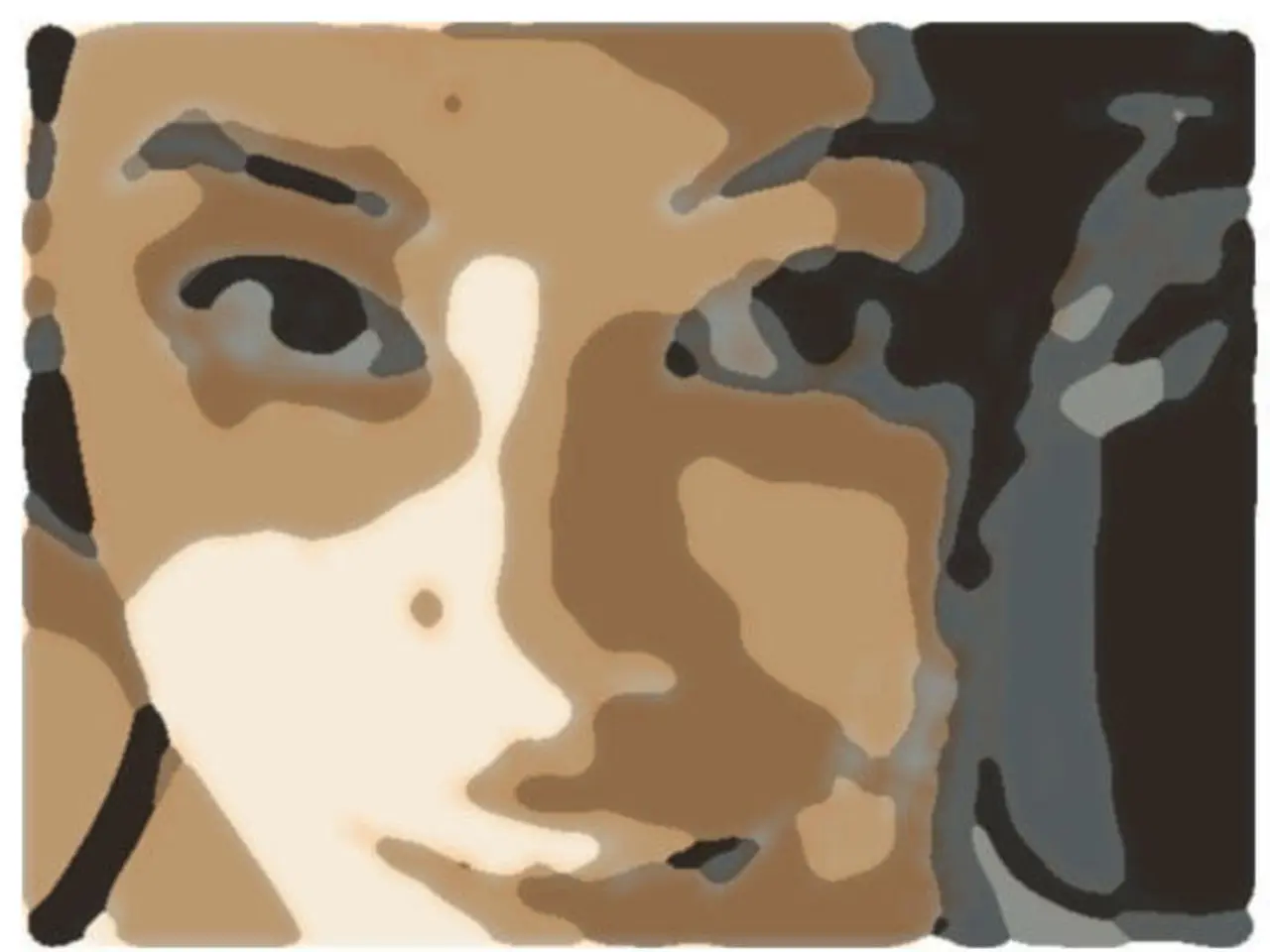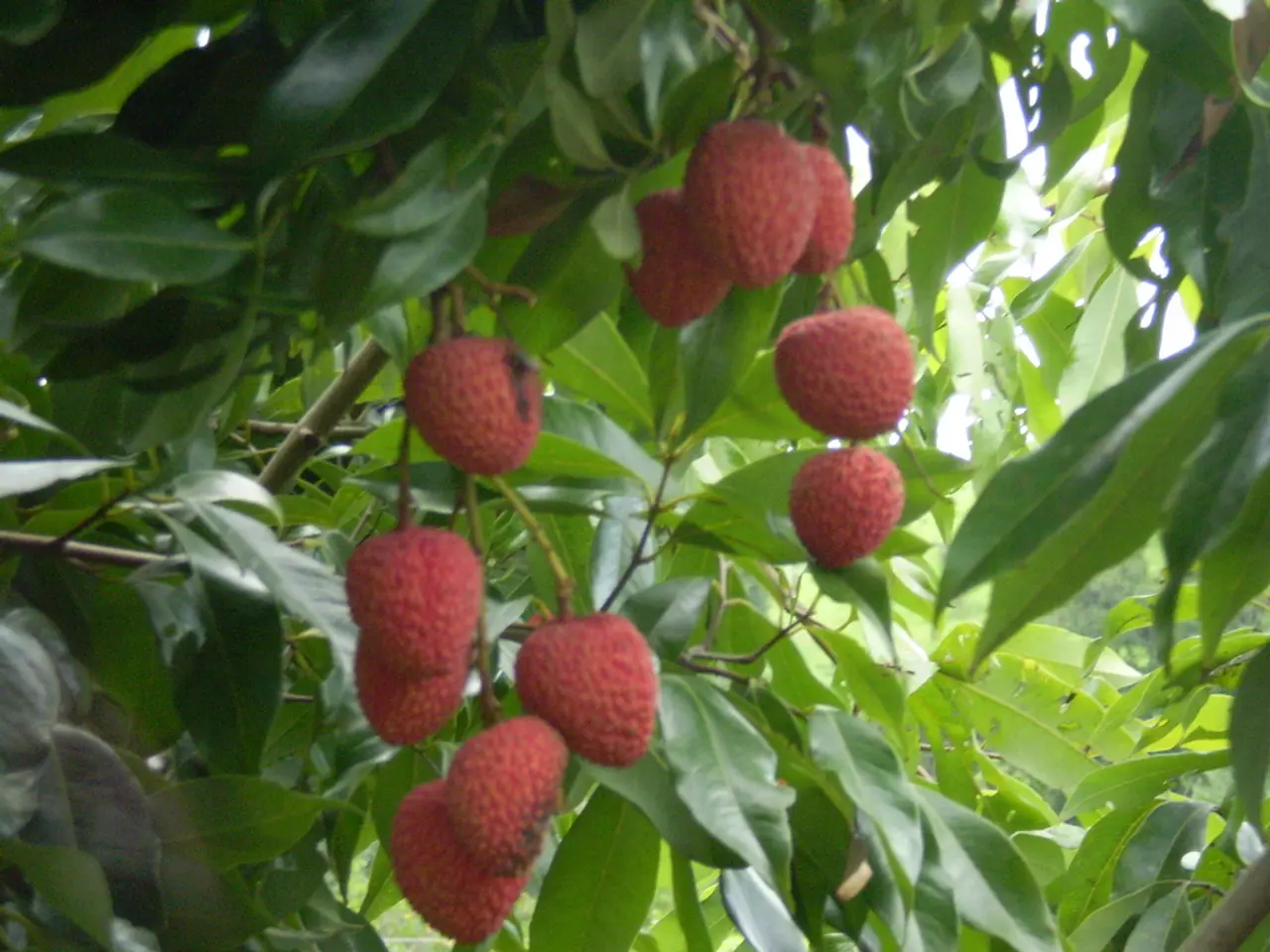Pimples Explained: An In-Depth Look at Those Annoying Skin Spots
Acne, those small, inflamed bumps that can appear on the skin, particularly on the face, back, and shoulders, are a common concern for many individuals. This article explores various home remedies and factors contributing to acne.
Home Remedies for Acne
Several home remedies have shown effectiveness in treating pimples and acne by reducing inflammation, bacteria, and excess oil, while soothing the skin:
- Turmeric: Contains powerful anti-inflammatory and antibacterial compounds that reduce redness and fight acne-causing bacteria.
- Aloe Vera: Has salicylic acid and sulfur which help soothe inflammation and reduce pimples.
- Tea Tree Oil: A potent antibacterial and anti-inflammatory topical treatment.
- Apple Cider Vinegar: Acts as an astringent to dry acne and control oil production.
- Honey (especially Manuka honey): Has antibacterial, antioxidant, and healing properties.
- Green Tea: Rich in antioxidants, applying cooled green tea or extracts can reduce sebum production and inflammation.
Other helpful remedies include zinc supplementation, witch hazel as a toner, and maintaining a healthy diet with reduced dairy and sugar intake.
It's important to note that many natural remedies require consistent use over several weeks to see noticeable effects and that responses vary by individual. Additionally, some remedies (like tea tree oil and apple cider vinegar) need proper dilution to avoid skin irritation. For persistent or severe acne, consulting a dermatologist is recommended.
Factors Affecting Acne
Hormonal Changes
Hormonal Changes, particularly during puberty, menstruation, or pregnancy, can trigger increased oil production and lead to pimples.
Environmental Factors
Exposure to pollutants, humidity, and certain skincare products can exacerbate acne.
Lifestyle Choices
Poor sleep, lack of exercise, and unhealthy eating habits can contribute to increased stress and hormonal imbalances, leading to more frequent breakouts.
Medications
Certain medications, including corticosteroids and certain birth control pills, can contribute to acne development.
Genetics
If your parents had acne, you might be more prone to developing it as well.
Skin Type
Individuals with oily skin are more likely to develop pimples due to the excess sebum production.
Diet
Diet, particularly high-glycemic foods, dairy products, and sugary snacks, can exacerbate pimples.
Clogged Pores
Dead Skin Cells can accumulate and block hair follicles, leading to pimple formation. Bacteria can multiply when pores are clogged, leading to inflammation and pimple formation.
Types of Pimples
Pimples can present in various forms:
- Whiteheads: Closed comedones that appear as small, white bumps.
- Blackheads: Open comedones that appear as small, dark spots on the skin.
- Papules: Small, red, raised bumps that can be tender to the touch.
- Pustules: Similar to papules but filled with pus.
- Cystic Acne: A severe form of acne characterized by large, painful lumps beneath the skin.
Professional Treatments for Acne
For persistent or severe acne, professional treatments such as laser therapy, chemical peels, and microdermabrasion may be necessary. Prescription treatments include Topical Retinoids, Oral Antibiotics, and Hormonal Treatments.
In conclusion, understanding the causes and potential remedies for acne can help individuals manage their skin health effectively. While home remedies can be effective, it's essential to consult a dermatologist for persistent or severe acne.
- Incorporating into skincare products may provide additional benefits, as it has anti-inflammatory properties that could potentially aid in reducing acne symptoms.
- When considering options, maintaining a balanced that includes limiting high-glycemic foods, dairy, and sugary snacks, could help improve acne concerns.
- Other facets of and such as managing stress levels, prioritizing a regular sleep schedule, and maintaining a routine can indirectly support acne management.
- As a parent, educating oneself on proper techniques and skills is important to prevent acne transitively affecting their children's skin health.




